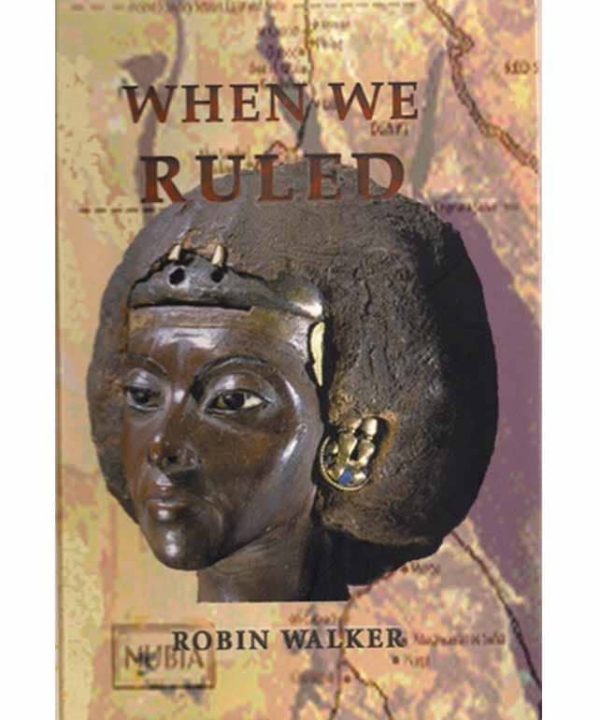-
×
 The Alchemist
1 × ₦11,500.00
The Alchemist
1 × ₦11,500.00 -
×
 The Secrets to your win
1 × ₦2,500.00
The Secrets to your win
1 × ₦2,500.00 -
×
 You Are Too Gifted To Be Poor
1 × ₦2,000.00
You Are Too Gifted To Be Poor
1 × ₦2,000.00 -
×
 Kissinger: 1923-1968: The Idealist
1 × ₦28,000.00
Kissinger: 1923-1968: The Idealist
1 × ₦28,000.00
Mortal Republic
₦7,000.00
In Mortal Republic, prizewinning historian Edward J. Watts offers a new history of the fall of the Roman Republic that explains why Rome exchanged freedom for autocracy.
Out of stock










Reviews
There are no reviews yet.